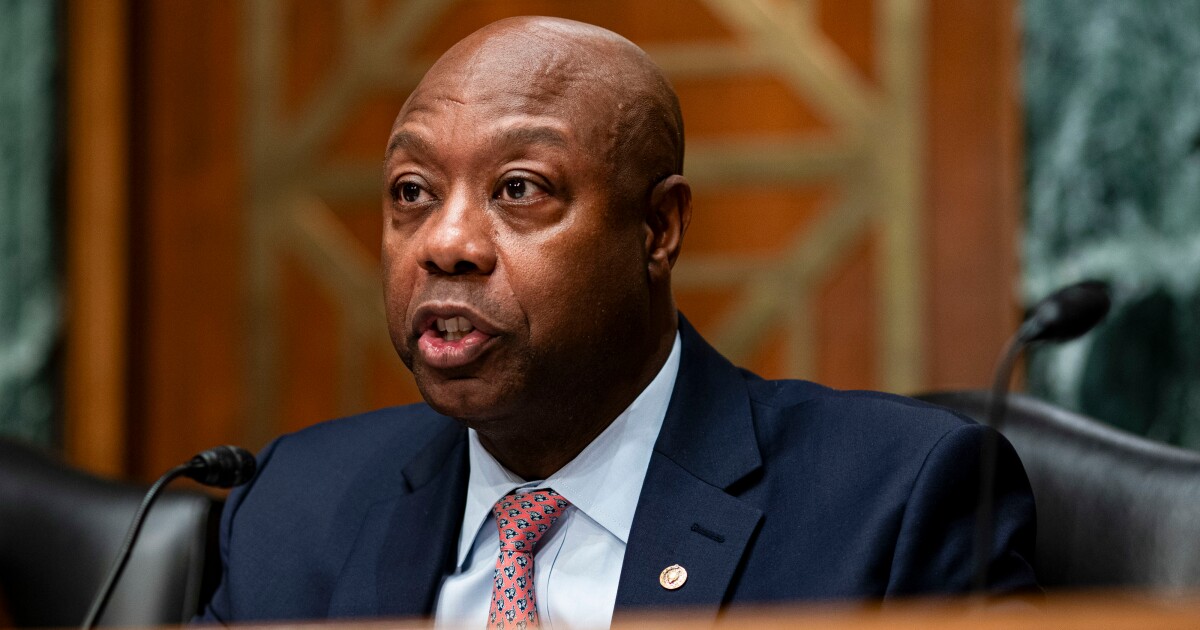In recent developments in the Middle East, Iranian Supreme Leader Ali Khamenei has expressed concerns regarding his inner circle’s diminishing loyalty and effectiveness, attributing this situation to a series of strategic maneuvers by Israel. This growing unease reflects a broader narrative of instability within Iran’s leadership structure, which many observers believe could have significant implications for the region.
Khamenei, in a rare candid acknowledgment, has highlighted the challenges posed by external pressures from Israel, which he sees as actively working to undermine his regime. This situation has left Khamenei feeling that his inner circle has been “hollowed out,” reducing the strength and unity of the leadership that has traditionally supported him. The implications of his statements point to a potential crisis of confidence among his top advisors, which could complicate decision-making processes at a critical time.
This internal instability within Iran comes at a time when Israeli Prime Minister Benjamin Netanyahu has been vocal about his stance towards Iran, suggesting that “all options are on the table” regarding the regime’s future. Netanyahu’s comments have included potential military action, explicitly mentioning that he does not rule out targeting Khamenei himself. The Israeli leadership’s position reflects long-standing strategic interests in countering Iranian influence in the region, and the rhetoric of regime change adds a new layer of complexity to the existing tensions.
Israel’s defense minister has also echoed similar sentiments, stating in press interviews that Khamenei represents a significant threat and that the Iranian leader could face consequences similar to those faced by Saddam Hussein. This rhetoric serves to escalate anxieties not only within Iran but also in surrounding nations, as the prospect of military action looms large.
The presence of Israeli intelligence operations in Iran has reportedly led to the targeted elimination of key figures within the Iranian military and nuclear program. These operations have drawn attention to the vulnerabilities within Khamenei’s power structure and emphasize how external actors can shape internal dynamics. With critical advisors either being neutralized or perceived as compromised, Khamenei’s ability to govern effectively is increasingly called into question.
Furthermore, this narrative of vulnerability is impacting Iran’s relations with its allies and proxies in the region. The perception of a weakening leadership could deter potential partners and embolden adversaries, further complicating Iran’s position. Countries like Syria and Lebanon, which have historically leaned on Iran for support, may reassess their relationships in light of these developments.
Khamenei’s recent comments could also reflect his growing frustration with the nuclear negotiations that have stalled for a considerable time. Iran’s ongoing nuclear ambitions, coupled with international sanctions, have put significant pressure on the economy, exacerbating dissent within the country. As public dissatisfaction grows, the leadership may face challenges not only from foreign adversaries but also from domestic actors seeking change.
The overarching narrative of Israel’s influence on Iran’s internal dynamics serves as a reminder of the intricate and often dangerous interplay between statecraft and security in the region. Both countries are grappling with unique internal and external pressures, but as Israel takes a more aggressive stance, Khamenei’s regime may find it increasingly difficult to maintain control and cohesion.
As military and political tensions rise, the international community watches closely, weighing its responses to a rapidly evolving situation. The potential for escalations, whether through direct military confrontations or proxy confrontations across various theaters, underscores the fragility of peace in a region already fraught with conflict.
In conclusion, the equation between Iran and Israel reveals a multifaceted set of challenges that reflect deeper issues of leadership and legitimacy. Khamenei’s concerns over his inner circle and Netanyahu’s aggressive posture suggest a precarious balance, one that could tilt toward further conflict if miscalculations occur on either side. As these narratives unfold, the implications for regional stability remain profound, necessitating careful analysis and diplomatic engagement from global actors eager to avoid another escalation in the Middle East.
Informed observers can only hope that within this complex geopolitical context, there is space for dialogue and a reconsideration of aggressive tactics that have historically led to cycles of violence and retaliation. The future of Iran and its relationship with Israel, intricately tied to the global landscape, continues to evolve and will undoubtedly shape the contours of Middle Eastern politics in the years to come.
Source link









